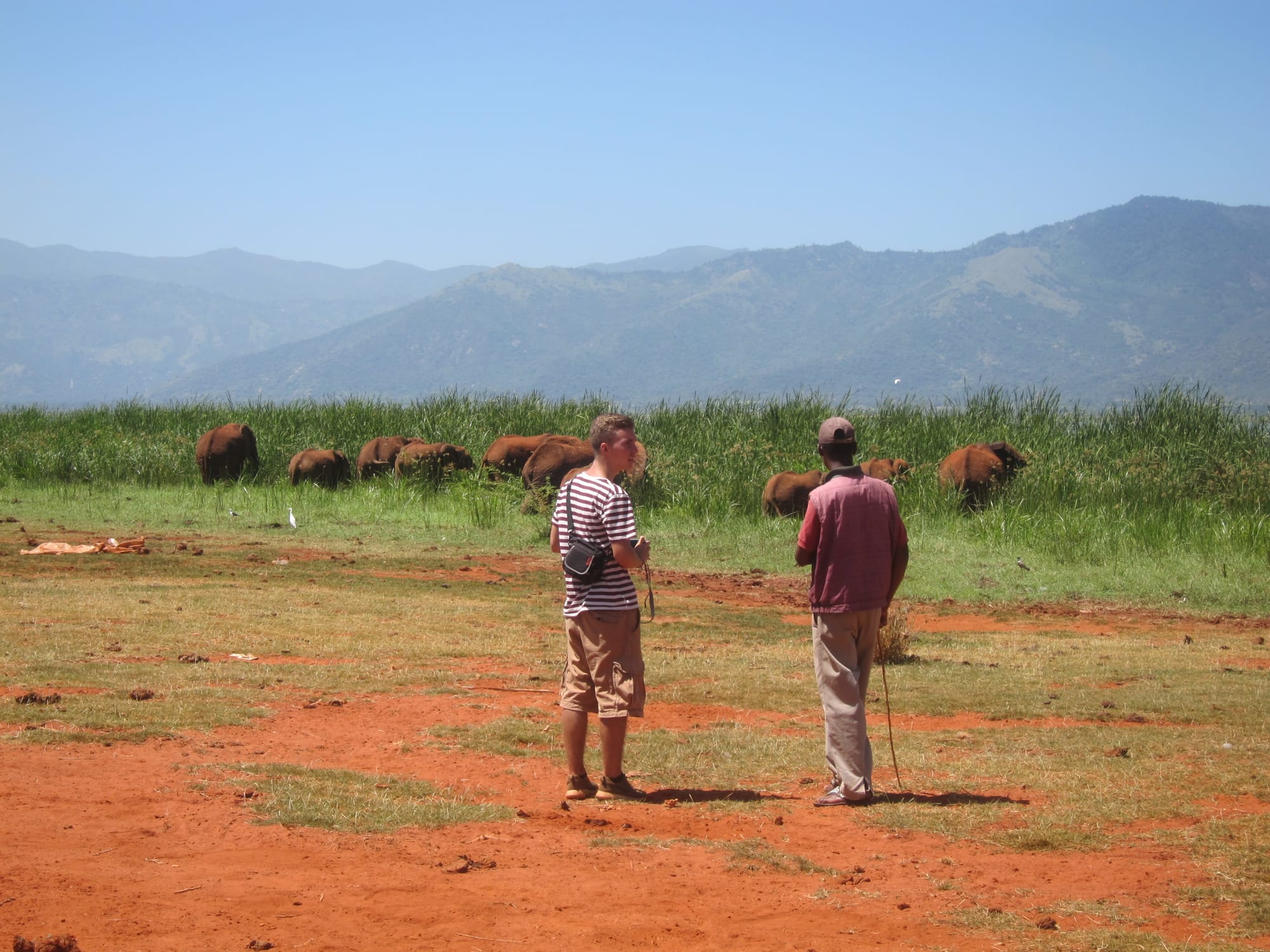The Role of Indigenous Communities in Conservation: Best Practices

E.S.C.F umderstands the Role of Indigenous Communities in Conservation: Best Practices
Indigenous communities play a crucial role in environmental conservation, harnessing centuries-old knowledge and practices that effectively manage and protect ecosystems. With a historical connection to their lands, these communities have been instrumental in promoting biodiversity, sustainability, and conservation efforts Countriwide. Here we outline the best practices developed by indigenous communities in conservation, providing valuable lessons for global environmental strategies.
- Community-Driven Governance
Indigenous conservation successes are often underpinned by strong, community-driven governance structures. These structures enable indigenous communities to manage their resources effectively, making decisions that are culturally appropriate and environmentally sustainable. By involving the entire community in the governance process, there is a greater commitment and adherence to the agreed-upon conservation practices. Such governance models inspire broader participatory approaches in conservation initiatives worldwide.
- Traditional Ecological Knowledge (TEK)
Traditional Ecological Knowledge (TEK) refers to the body of knowledge, practices, and beliefs that indigenous peoples have developed over generations through direct contact with their environment. This knowledge is integral to their identity and survival. TEK includes an understanding of species behavior, climate patterns, ecological processes, and medicinal plants, contributing to efficient and sustainable resource management. Documenting and integrating TEK into mainstream conservation strategies can offer innovative solutions and enhance the resilience of ecosystems.
- Land Rights and Resource Ownership
Security of land tenure is significant for the success of indigenous conservation efforts. When indigenous communities have legal rights to their land, they can manage natural resources more effectively and sustainably. Land rights prevent external exploitation and enable indigenous peoples to maintain their conservation practices without interference. Supporting indigenous land rights is, therefore, crucial for enabling these communities to protect biodiversity and manage ecosystems according to their traditional practices.
- Co-management Agreements
Collaboration between indigenous communities and governments can lead to successful co-management agreements where both parties share the responsibility and benefits of conservation. Such agreements acknowledge the role of indigenous peoples in conservation while integrating their traditional practices with national conservation efforts. Co-management helps to build trust and bridges the gap between indigenous knowledge and modern conservation science.
- Ecosystem Restoration Practices
Indigenous-led ecosystem restoration projects have shown remarkable success around the world. These projects often involve the reintroduction of native species, rehabilitation of degraded habitats, and the cessation of invasive species. Leveraging traditional ecological knowledge, indigenous communities locate and implement the most effective restoration techniques, which are often cost-effective and less reliant on artificial interventions.
- Cultural Practices and Rituals
Many indigenous cultural practices and rituals have a direct link to conservation. For instance, some tribes implement seasonal hunting bans, fishing restrictions, or the sacred protection of specific lands. These practices not only sustain spiritual and cultural traditions but also promote wildlife conservation and sustainable land management. Encouraging and respecting these traditions can be a powerful way to bolster conservation efforts.
- Local Education and Empowerment
Investing in education within indigenous communities can amplify their ability to manage natural resources effectively. Education programs that include traditional knowledge as well as modern conservation techniques can empower communities and foster a new generation of indigenous environmental leaders. Moreover, education serves as a bridge, facilitating better communication and understanding between indigenous communities and external stakeholders, including governments and conservation organizations.
- Sustainable Economic Practices
Many indigenous communities engage in economic practices that are inherently sustainable, such as eco-tourism, handicrafts, and the sustainable harvest of natural resources. These practices not only provide a source of income but also encourage the sustainable use of resources. Promoting and scaling up these economic models can lead to broader practices of sustainability that benefit both the environment and the communities.
- Monitoring and Reporting Systems
Effective monitoring and reporting are vital for the continued success of conservation efforts. Indigenous communities have developed their systems for monitoring environmental changes and the impact of conservation practices. These systems can be integrated with modern scientific methods to create comprehensive monitoring strategies that can guide conservation policies and practices effectively.
- Political Advocacy and Representation
Ensuring indigenous communities have a voice in political processes related to land use and conservation is crucial. Political advocacy helps protect their rights and acknowledge their role in conservation. By supporting their representation in political arenas, we can ensure that the policies enacted do not undermine traditional practices but instead support and leverage these for broader environmental health. Participate Now!